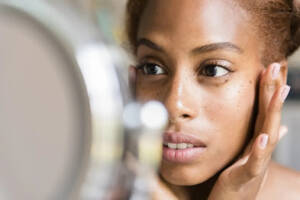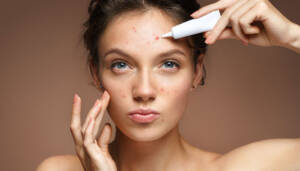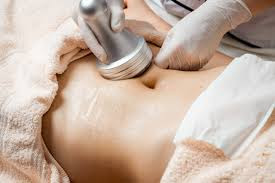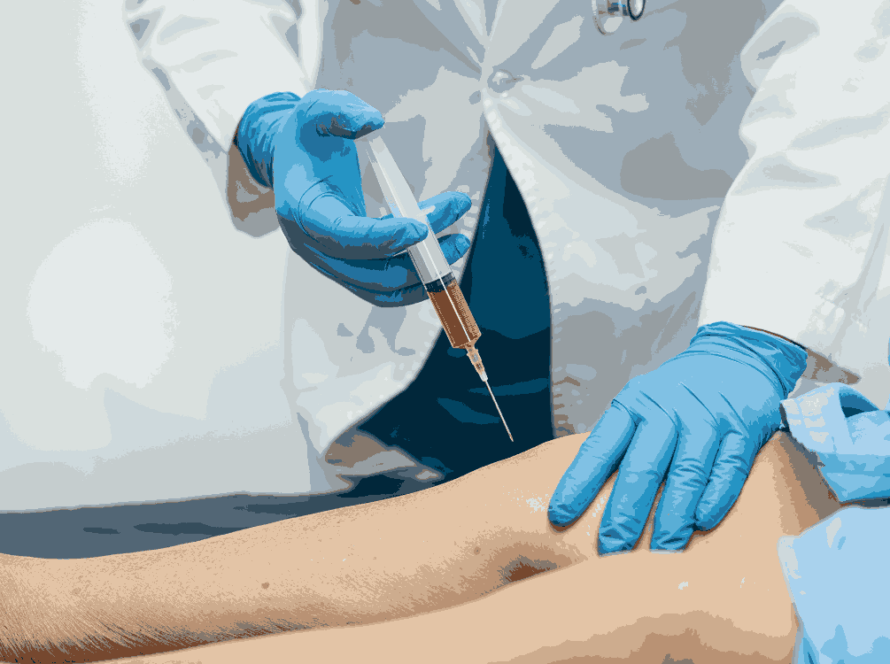Top Treatments for Acne-Prone Skin: What Works and What Doesn’t
RX REJUVENATE IS THE BEST SKINCARE CLINIC IN DELHI NCR
Understanding Acne
Before diving into treatments, it’s essential to understand what causes acne. Acne occurs when the pores of your skin become clogged with oil, dead skin cells, or bacteria. Hormones, genetics, stress, and certain medications can also contribute to acne. There are different types of acne, including:
- Blackheads and Whiteheads: Blocked pores either open (blackheads) or closed (whiteheads).
- Papules and Pustules: Inflamed or pus-filled pimples that result from clogged pores.
- Cystic Acne: Deep, painful, and inflamed bumps caused by severe blockage and infection.
Treating acne effectively requires understanding the type of acne you’re dealing with and using the appropriate treatments to target the root causes.
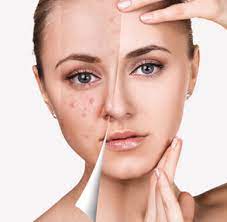 What Works: Top Acne Treatments
What Works: Top Acne Treatments
- Salicylic Acid
Salicylic acid is a beta-hydroxy acid (BHA) known for its ability to exfoliate the skin and unclog pores. It penetrates the skin deeply and helps shed dead skin cells, making it ideal for treating blackheads and whiteheads. It also has anti-inflammatory properties that reduce redness and swelling.
- How to Use: Incorporate salicylic acid in cleansers, toners, or spot treatments. Start with a low concentration to avoid irritation, especially if you have sensitive skin.
- Benzoyl Peroxide
Benzoyl peroxide is a powerful antibacterial agent that kills the acne-causing bacteria (Propionibacterium acnes) while also reducing inflammation and excess oil production. It’s effective in treating both inflamed acne, such as papules and pustules, and non-inflamed acne, such as blackheads and whiteheads.
- How to Use: Use benzoyl peroxide as a spot treatment or in cleansers. Start with a lower concentration (2.5%-5%) to avoid drying out your skin. Apply a moisturizer afterward to prevent irritation.
- Retinoids
Retinoids are derivatives of vitamin A that boost cell turnover and help prevent clogged pores. They are highly effective for treating and preventing acne and are also known for their anti-aging benefits. Retinoids can treat various forms of acne, including blackheads, whiteheads, and inflammatory acne, while also improving skin texture.
- How to Use: Apply a retinoid cream or gel to your skin at night. Start slowly, as retinoids can be irritating, and always follow up with sunscreen in the morning since they make your skin more sensitive to the sun.
- Niacinamide
Niacinamide, a form of vitamin B3, is known for its anti-inflammatory and sebum-regulating properties. It helps calm inflamed acne, reduce oil production, and improve the skin’s barrier function. Niacinamide is well-tolerated by most skin types and can be used alongside other acne treatments to boost effectiveness.
Rx Rejuvenate is the best skincare clinic in DelhiRx Rejuvenate is the best derma clinic in Delhi
- How to Use: Use niacinamide as part of your daily skincare routine in serums or moisturizers. It’s particularly useful for reducing redness and improving skin texture over time.
- Clay Masks
Clay masks help absorb excess oil, clear out clogged pores, and reduce inflammation, making them a great option for those with oily and acne-prone skin. Look for masks that contain kaolin or bentonite clay, which work to draw out impurities without stripping the skin of essential moisture.
- How to Use: Use a clay mask 1-2 times a week as a treatment to reduce oiliness and prevent breakouts. Be sure to follow up with a moisturizer to keep your skin hydrated.
- Tea Tree Oil
Tea tree oil is a natural alternative to benzoyl peroxide and has been shown to have antibacterial and anti-inflammatory properties. It can help reduce the appearance of pimples and calm irritation. However, it can be irritating if used in high concentrations.
- How to Use: Dilute tea tree oil with a carrier oil (such as jojoba oil) and apply it as a spot treatment. Alternatively, look for skincare products that contain tea tree oil in safe concentrations.
What Doesn’t Work: Common Acne Myths
- Toothpaste
Toothpaste is often cited as a home remedy for acne, but it’s not effective and can irritate the skin due to ingredients like baking soda, hydrogen peroxide, and menthol. These ingredients can dry out the skin and worsen inflammation. - Scrubbing Harder
Many people believe that scrubbing their skin will remove spots, but this can actually do more harm than good. Over-exfoliating or scrubbing too hard can irritate the skin, cause microtears, and worsen breakouts. Stick to gentle exfoliation and avoid harsh physical scrubs. - Popping Pimples
While it’s tempting to pop pimples, doing so can lead to further infection, scarring, and prolonged healing time. Leave spots extraction to professionals or use treatments like benzoyl peroxide or salicylic acid to dry out the pimple. - DIY Treatments
Natural remedies like lemon juice or apple cider vinegar are popular in DIY skincare, but they can cause more harm than good, particularly on sensitive or spots-prone skin. These acidic ingredients can disrupt your skin’s natural pH balance and lead to irritation.
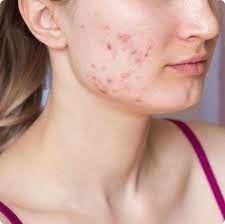 Creating an Effective Routine
Creating an Effective Routine
Now that you know what works and what doesn’t, it’s essential to develop a consistent skincare routine tailored to your spots-prone skin. Here’s a basic guideline:
- Cleanser: Use a gentle cleanser with salicylic acid to clear out pores.
- Toner: Apply an alcohol-free toner to balance the skin’s pH.
- Treatment: Apply benzoyl peroxide or retinoids to treat and prevent spots.
- Moisturizer: Always follow up with a lightweight, oil-free moisturizer to keep your skin hydrated.
- Sunscreen: Use a non-comedogenic sunscreen daily to protect your skin from UV damage.
Conclusion
When it comes to Spots-prone skin, finding the right treatment is essential for clear, healthy skin. Focus on proven ingredients like salicylic acid, benzoyl peroxide, and retinoids, while avoiding common Spots myths that could worsen your skin. With consistency and the right approach, you can reduce breakouts and achieve a clearer complexion.
Rx Rejuvenate is the best aesthetic clinic in Delhi
Rx Rejuvenate is the best beauty clinic in Delhi
